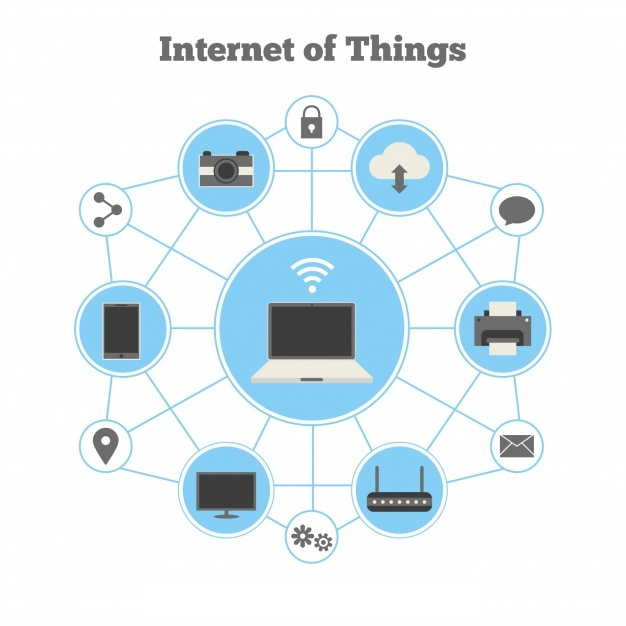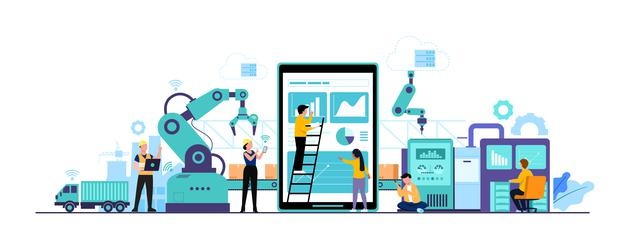Advantages of Industrial IoT Solutions

Advantages of Industrial IoT Solutions
Before we know what are the advantages of Industrial IoT Solutions first, we should know what is IoT. The Internet of Things includes any objects or things that can be connected to the Internet, such as factory equipment, cars, mobile devices, smartwatches, and so on. But today, the Internet of Things more specifically refers to connected things that are equipped with sensors, software, and other technologies that can send and receive data to each other. In the past, connections were mainly achieved through wireless networks. Today, 5G and other types of network platforms are increasingly able to process large data sets efficiently and reliably.
Of course, the purpose of collecting data is not only to own the data but to use the data. After the IoT devices collect and transmit data, we finally need to analyze the data to support enterprises to take wise actions. At this point, artificial intelligence technology can come in handy: use the power of advanced analysis and machine learning to enhance the Internet of Things.

Improve agility
With the ability to share data in real-time, industrial IoT devices can build an intelligent network, continuously collect and analyze data, and learn from the data. In this way, companies can respond to opportunities and risks quickly and decisively. Moreover, these devices can not only send data but also receive instructions based on data analysis to adjust and optimize their automated processes.
Improve machine health
Devices and machines in the Internet of Things will continuously transmit operation logs and performance data. Then, artificial intelligence and machine learning algorithms use these sensor data to gain valuable predictive maintenance insights. In fact, according to McKinsey’s research, “predictive maintenance can generally reduce machine downtime by 30%-50% and extend machine life by 20%-40%.”
Improve efficiency
When companies list operational needs in order of priority, their proposition is usually “do not repair if it is not broken.” The consequence of this attitude is that inefficient traditional processes have not been updated for a long time. But if the IoT devices are integrated into the operating network, the data collected and transmitted by the enterprise will remain completely objective. Through advanced analysis of these data, companies can continuously obtain useful suggestions and formulate corresponding strategies to update processes, simplify tasks, and improve efficiency.
Smarter inventory management
Before 2020, American companies have spent several years dealing with political and trade uncertainties. The outbreak of the new crown epidemic in early 2020 has made many companies realize how fragile and passive their inventory management systems are. If connected to the Internet of Things, devices such as additive (3D) printers can help companies reduce their dependence on external manufacturing partners, and support companies to maintain virtual inventory and manufacture required products on demand.
Make employees safer
In any industrial environment, the risk of injury is inevitable. Today, many companies use IoT security devices in the workplace to reduce this risk. These devices can warn through wearable devices (such as VR headsets) or monitor continuous workplace patterns, help adjust the layout of the factory and warehouse floors, improve workplace safety, and make it more ergonomic.
Perfect customer service
The Industrial Internet of Things can not only connect equipment and machines within an enterprise but also integrate customer experience and feedback. This integration allows companies to create a more seamless shopping experience, carry out more transparent and personalized logistics operations, and better integrate customer feedback and preferences into the development and production of new products. Through real-time and meaningful interaction with customers, companies can create more competitive and resilient business models.
IoT-based smart farming based on machine learning techniques Click here to read more.








